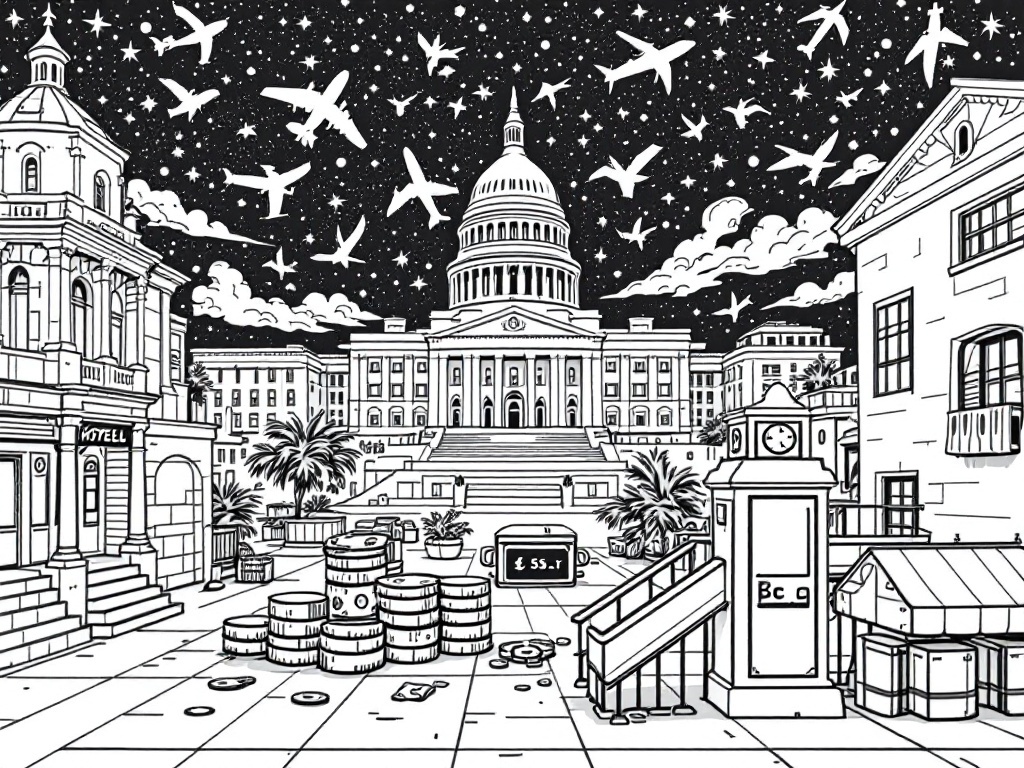U.S. Implements Ban on Hidden 'Junk Fees' for Tickets and Hotels

Washington, D.C., Wednesday, 14 May 2025.
On 12 May 2025, the FTC enacted a rule requiring ticket sellers and hotels to disclose all mandatory fees upfront, aiming to enhance transparency and prevent deceptive pricing practices.
Background of the Rule
The Federal Trade Commission (FTC) announced a final rule banning ‘junk fees’ associated with live event tickets and hotel bookings, effective from 12 May 2025. The rule mandates that all fees must be clearly disclosed to consumers upfront, thus eliminating hidden charges that have historically distorted the true cost of tickets and accommodations [1].
Political Context
The ‘junk fees’ rule has garnered bipartisan support, stemming from collaborative efforts to enhance consumer protection in the United States. FTC Chair Lina M. Khan emphasized the importance of price transparency, noting that consumers should not be surprised by additional ‘convenience’ or ‘service’ fees after making initial purchases [1][2]. The Biden administration has been instrumental in promoting this initiative, with the President actively backing the rule to improve market fairness [2].
Industry Impact and Reactions
Industry leaders like Ticketmaster have shown support for the new regulation. Ticketmaster Chief Operating Officer Michael Wichser welcomed the FTC’s action, stating that the goal of standardizing ‘all-in pricing’ aligns with the company’s longstanding advocacy for transparency. Ticketmaster has committed to displaying full ticket prices upfront during the shopping process [2]. Additionally, the hotel industry, represented by entities like the Travel Technology Association, has expressed optimism, citing that clear pricing standards will allow consumers to make better-informed decisions [3].
Potential Implications
The nationwide implementation of the junk fees ban is poised to set a precedent for more robust regulatory frameworks. By enforcing clear and conspicuous disclosure of all mandatory fees in the ticketing and hospitality sectors, the FTC aims to reduce consumer confusion and enhance competition among providers. This initiative is estimated to save American consumers significant time and financial resources in price comparisons and could stimulate further regulatory developments in related sectors [3][4].